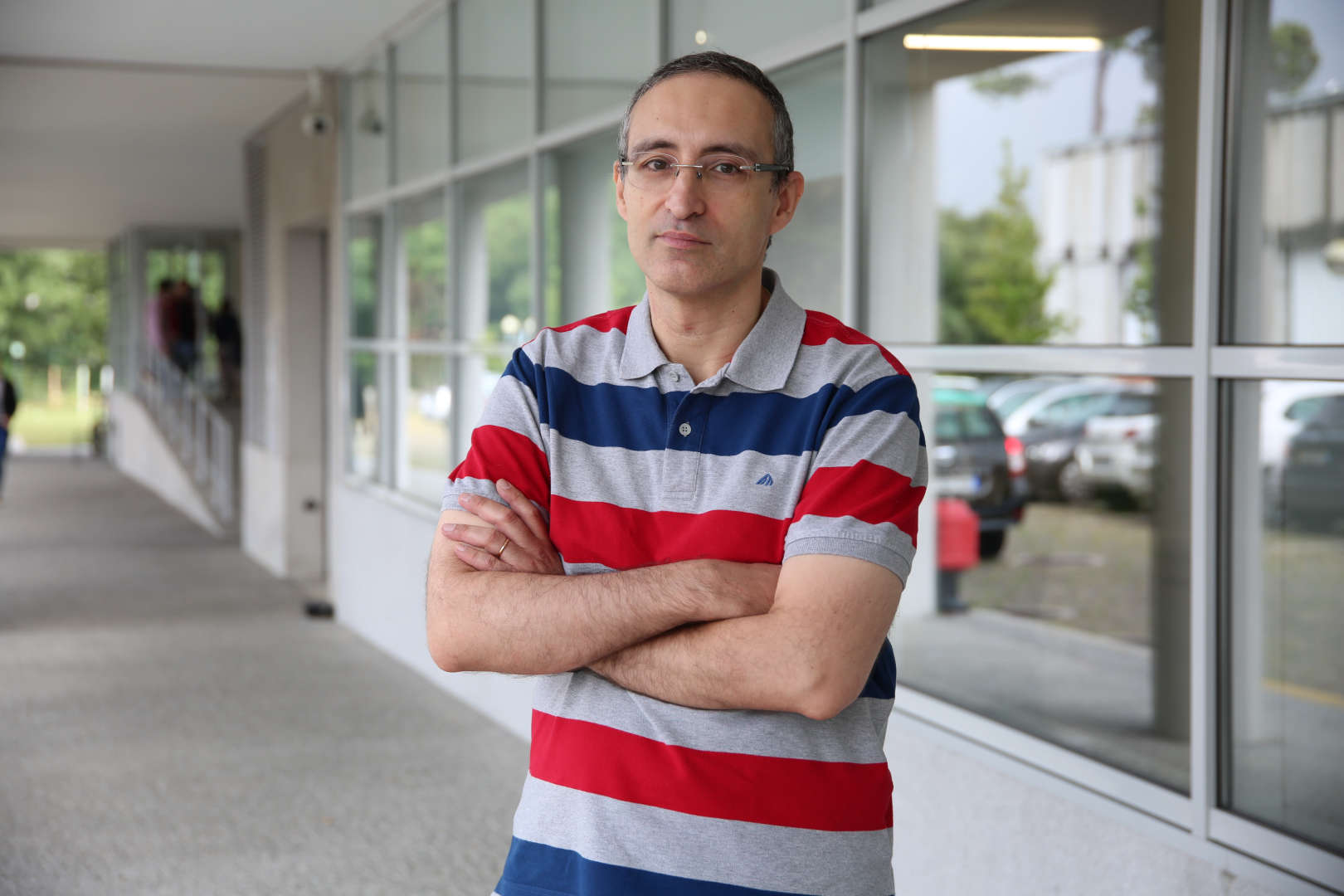About
Hello!
I am a teacher at the Faculty of Economics, University of Porto, and a researcher at LIAAD, one of INESC TEC's research groups.
My research mostly involves the development and application of (meta)heuristic procedures to combinatorial optimization problems, particularly scheduling problems. Currently, I am also learning data mining.


